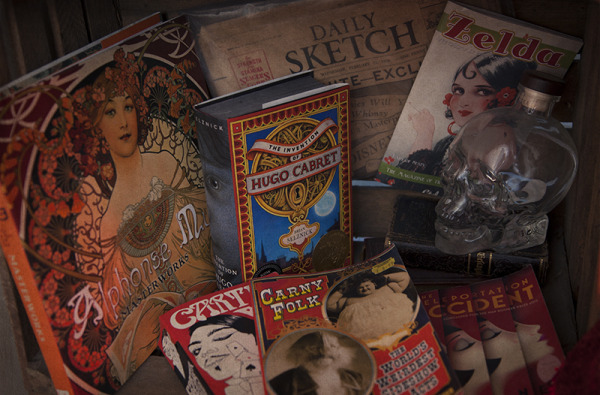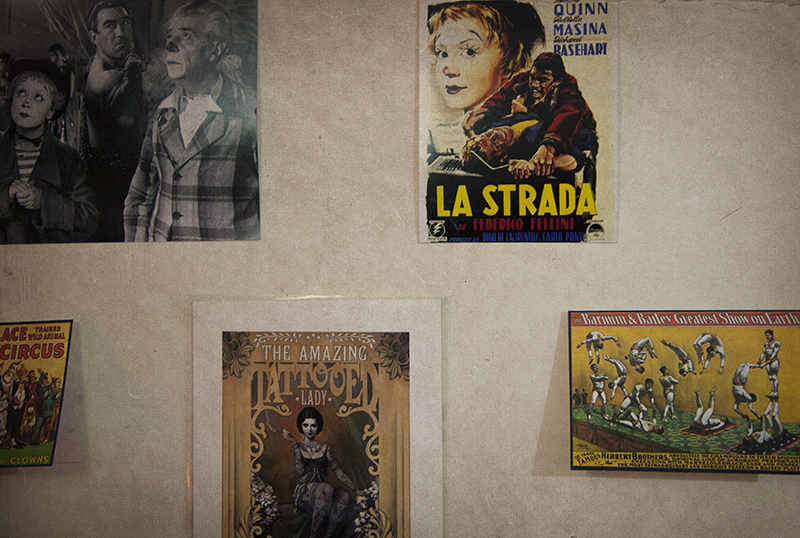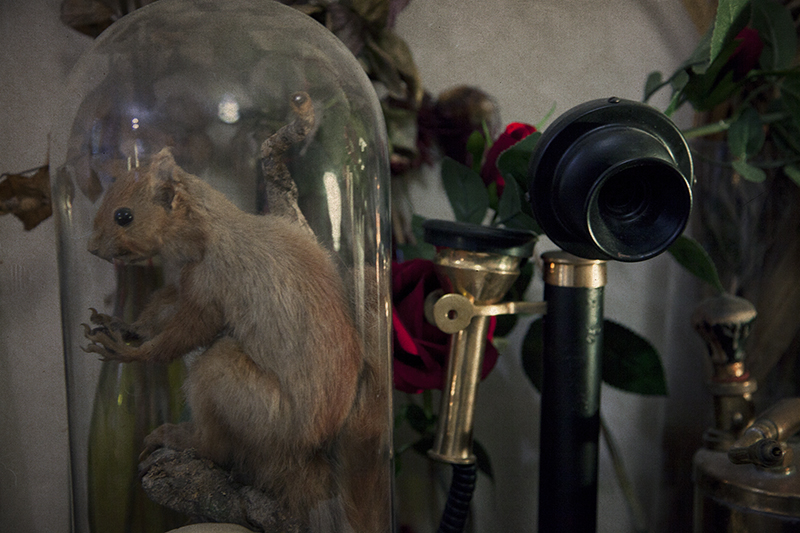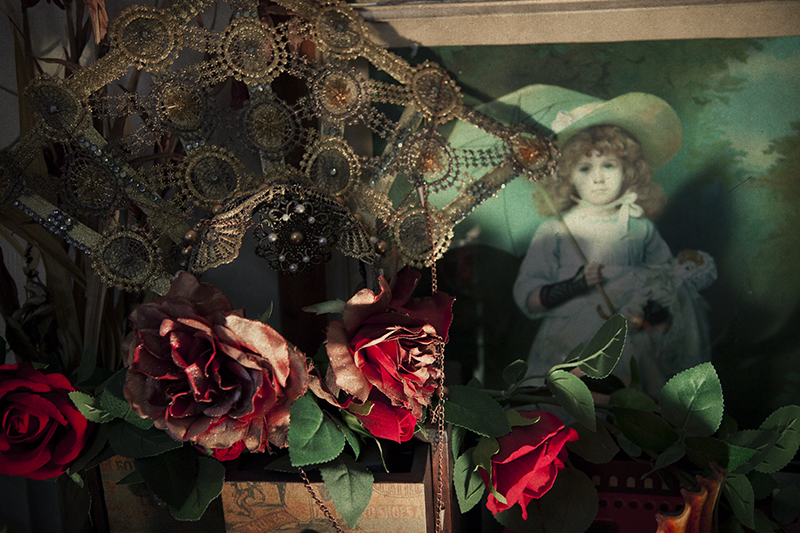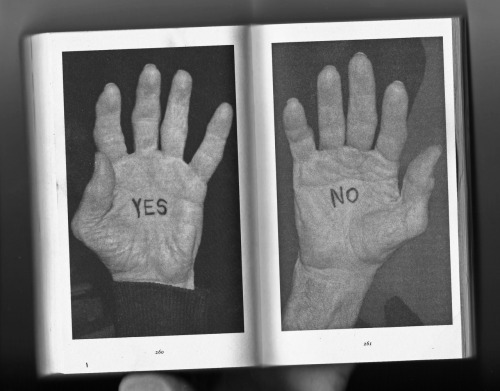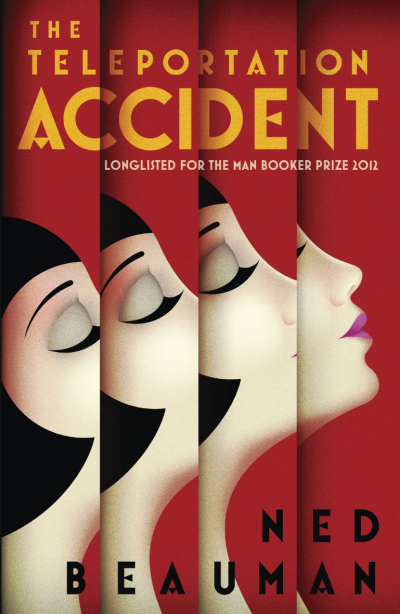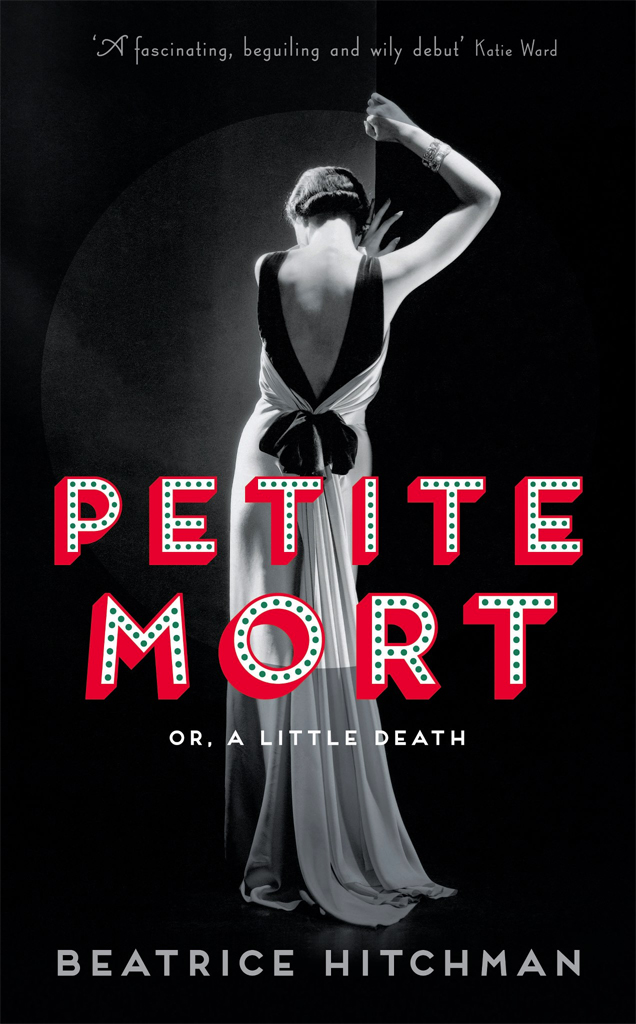
Petite Mort
I read this book a few months ago, and although I had rated it on Goodreads as 4 stars (now altered to 3), I had to remind myself of the premise for this review. Evidentially it didn't leave much of a lasting impression. It's a shame, because on paper (forgive the pun) it should be everything that should appeal to me; silent film era, cinematic illusions, mystery...
The book is "narrated" by both the present day (set in the 60s, via a conversation with a journalist), and a young (set in 1913) Adèle Roux, a girl seduced by silent films, who follows her heart to the Pathé production company. Instead of becoming the star she hoped to be, she ends up working in the costume department. Along comes a handsome male producer and, as if you can't see this coming, she sleeps with him. Rather than secure her a role in a film, she finds herself in the role of personal assistant to the producer's famous film star wife. Yadda yadda yadda lesbianism yadda yadda mystery yadda yadda betrayal.
After reading true stories of early cinema, and the scandals that went on between actors, the sex and scandal in this book seem somewhat obvious. There isn't much I can say without giving away spoilers, as the book's blurb literally begs the reader not to disclose the plot twist. I think the emphasis of "omg plot twist!" is a bad move on the part of the author/publisher, as it encourages expectation in the reader, and therefore causes us to be more critical of the story. I had mostly worked out the twist from the first few chapters, so the reveal only caused a sense of satisfaction that I was correct. Not the shock that we are encouraged to expect.
The more I think about it, the more unconvinced I feel about the book. I don't remember feeling any sort of connection to any of the characters, although it was pleasant and easy enough to keep reading.

American Gods
I actually read this back in February, and then devoured two Neil Gaiman books since, but this one was by far my favourite so I thought I'd review this instead! As blasphemous as this sounds, I hadn't read a Gaiman book until this point. I guess it was partly laziness and partly the raving about his work that made me feel like if I did read one, and disliked it, it would be a disagreement I had with a vast majority that I wouldn't be able to explain to myself; silly, I know.
The book follows the character of Shadow (would be a cheesy name but somehow isn't, not sure what kind of literary magic he worked there), whose wife dies in a car crash just before he is to be released from prison. Unsure what to do or what to think, he makes his way back home on a plane. Here he meets Mr Wednesday, a charming man who claims to be a God, and offers Shadow a job, which takes them to bizarre characters and places.
The blurb describes it as taking "a long, hard look into the soul of America" and being deeply unsettling. I'm not sure whether it unsettled me (although the "underground" scenes are so strong I could feel them being played behind my eyelids like a film), but it most certainly captured my imagination. Although British, Gaiman channels the deep threads of American belief like he was born and raised there. It almost satirically observes the melting pot of the vast country, and delves into concepts of immigration and modern-day distractions.
There are touches of everything I love about Hitchhiker's Guide to the Galaxy and Terry Pratchett books, while the depictions of America reminded me of Stephen King. But Gaiman's writing stands alone as evocative and painterly, with a story unlike anything else I've read before. I would very likely count this as one of my favourite books, and look forward to reading it again.
Good news is, the amazing Bryan Fuller (creator of Hannibal) is developing American Gods for TV!
